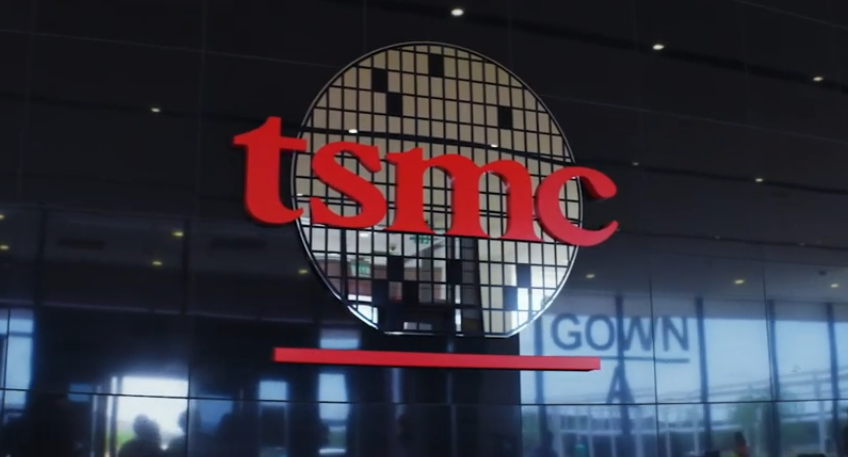 INFRA
INFRA
 INFRA
INFRA
 INFRA
INFRA
The Biden administration has finalized an agreement that will give Taiwan Semiconductor Manufacturing Co. access to $11.6 billion in federal financing for fab construction.
The White House and Commerce Department announced the milestone today. The deal’s approval comes about a week after word emerged that TSMC had finished negotiating the terms of the financing.
Under the agreement, the chipmaker will receive up to $6.6 billion worth of grants to finance a fab complex it’s currently building in Arizona. TSMC also has the option to access up to $5 billion in loans.
Administration officials told Bloomberg that the company will receive at least $1 billion before the end of the year. According to the paper, the reason is that TSMC has reached some of the project milestones necessary to unlock the funding.
The contract marks the first major CHIPS Act financing deal to have received the greenlight. The fab complex that TSMC will build with the help of the funding represents the largest-ever foreign direct investment of its kind in the U.S. TSMC expects to spend more than $65 billion on the project, which will see it build three factories north of Phoenix.
The first of the three fabs is reportedly already making chips in limited volumes. According to a recent report, the facility is producing the A16 Bionic processors that power Apple Inc.’s iPhone 14 lineup. The fab’s production lines use four- and five-nanometer chip manufacturing processes.
The two other plants TSMC is planning will use newer technologies. Those technologies include the company’s upcoming 1.6-nanometer node, the most advanced production process it has announced to date.
The part of the transistor that manages how electricity flows through it is known as the gate. In chips based on TSMC’s 1.6-nanometer node, the gate will surround its host transistor on all sides to reduce power leakage, which should boost energy efficiency. Additionally, the technology uses tiny wires to deliver electricity directly to each transistor.
TSMC expects that chips based on the process will provide up to 10% better performance than two-nanometer silicon using the same amount of power. Alternatively, they can provide the same performance for a 20% reduction in electricity usage.
Bloomberg reported today that more CHIPS Act financing deals will be completed in the coming weeks. GlobalFoundries Inc. could be among the chipmakers that finalizes their agreements. The company reportedly finished negotiating the terms of its contract around the same time as TSMC.
At the start of the year, GlobalFoundries won $1.5 billion in financing for three fab projects. One initiative focuses on expanding the company’s capacity to make gallium nitride chips, which are used for tasks such as powering electric vehicle chargers. GlobalFoundries also plans to expand an existing New York fab where it makes standard silicon chips and build a new one nearby.
Support our mission to keep content open and free by engaging with theCUBE community. Join theCUBE’s Alumni Trust Network, where technology leaders connect, share intelligence and create opportunities.
Founded by tech visionaries John Furrier and Dave Vellante, SiliconANGLE Media has built a dynamic ecosystem of industry-leading digital media brands that reach 15+ million elite tech professionals. Our new proprietary theCUBE AI Video Cloud is breaking ground in audience interaction, leveraging theCUBEai.com neural network to help technology companies make data-driven decisions and stay at the forefront of industry conversations.